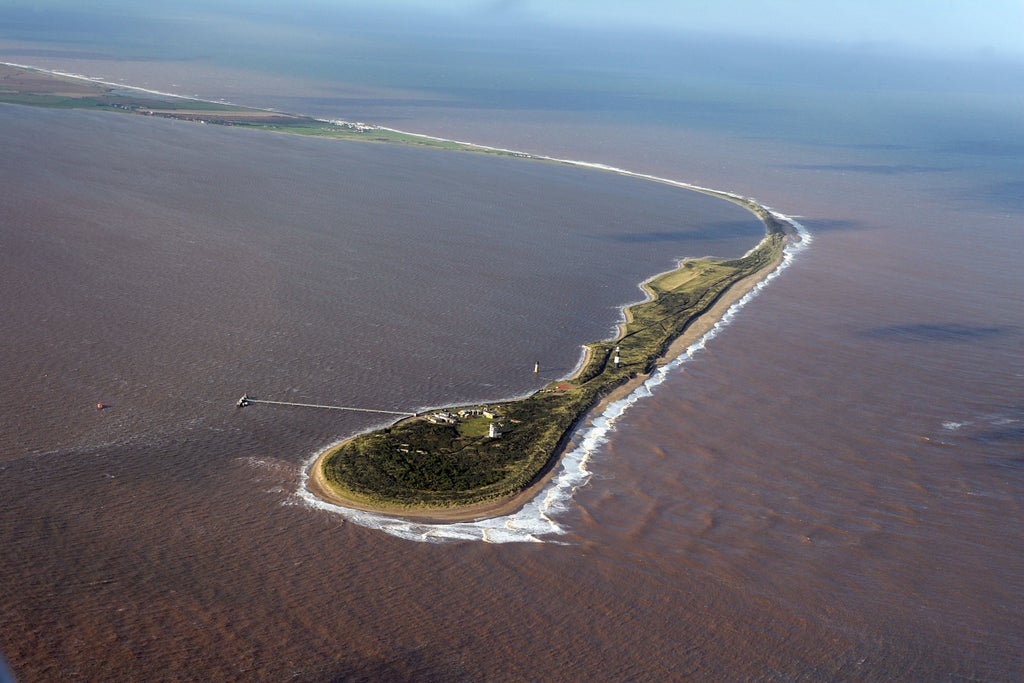
A sunken medieval town dubbed “Yorkshire’s Atlantis” is on the brink of being discovered after existing for more than 650 years underwater.
Ravenser Odd was a busy port town built on the sandbanks at the mouth of the Humber estuary and was thought to have a more prosperous harbour than upriver Hull, before it was abandoned and later flooded after ferocious storms in the mid-1300s.
But the submerged market town, which has lain dormant on the bed of the Humber ever since, could finally be located.
Daniel Parsons, a professor in sedimentology at the University of Hull, came up with the idea of using high-resolution sonar systems to track down the fabled town. The initial search of an area off Spurn Point failed to unearth Ravenser Odd’s whereabouts, but Mr Parsons believes a second survey taking place in the coming weeks will have more success after coming close the first time around.
Should researchers be able to locate the once-flourishing market town, Mr Parsons hopes money could be raised for an excavation of the site in order to piece together its forgotten history.
The port town of Ravenser Odd was established around 1235. By 1299, the town was granted a borough charter and had over 100 houses and a bustling dockside market. It also housed wharves, warehouses, a court, a prison, a seawall and harbour, and collected dues from more than 100 merchant ships each year.
The sandbanks on which its foundations were set shifted as a result of steady erosion and Ravenser Odd was swept away. During the winter of 1356–57, northern Europe was battered by a fierce storm, known as the Grote Mandrenke, which plunged the town into the depths of the North Sea.
“Understanding the past helps us prepare better in the future,” Mr Parsons told The Guardian.
“Ravenser Odd is an incredibly evocative story of the impacts of coastal change on entire settlements.
“I think it is a fantastic way to start conversations with people on the impacts of climate change long in to the future by using these stories from the past.”







